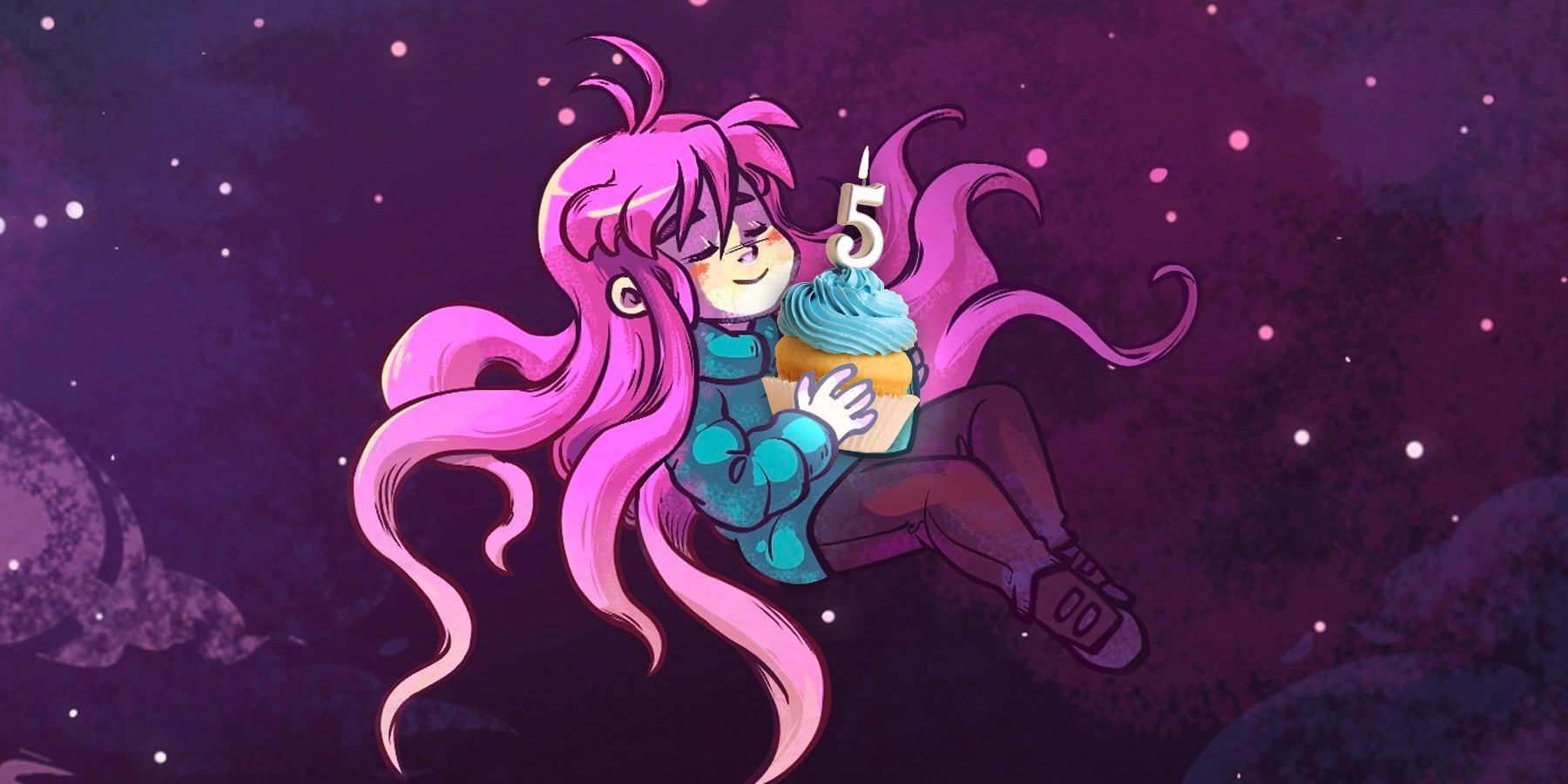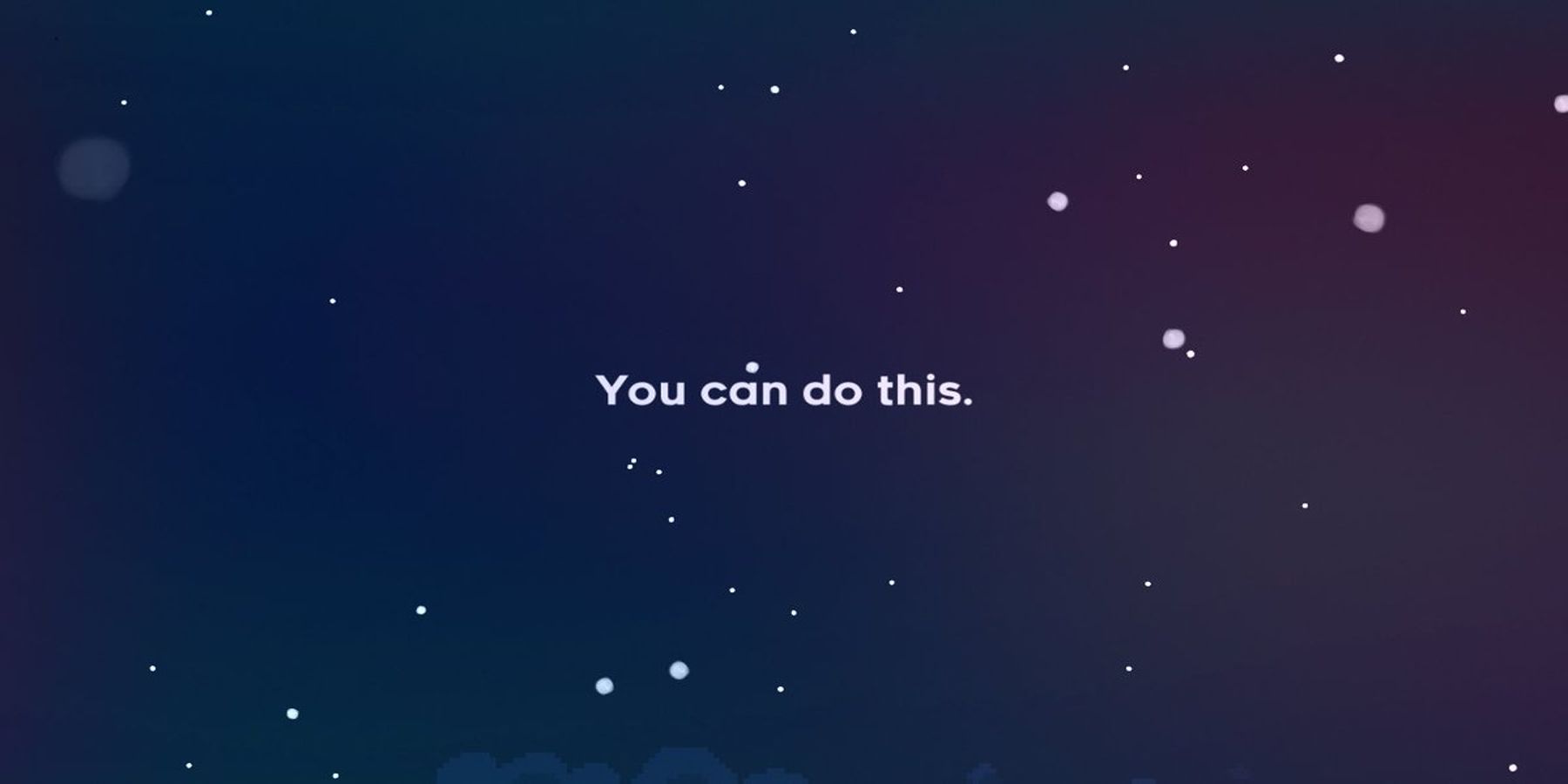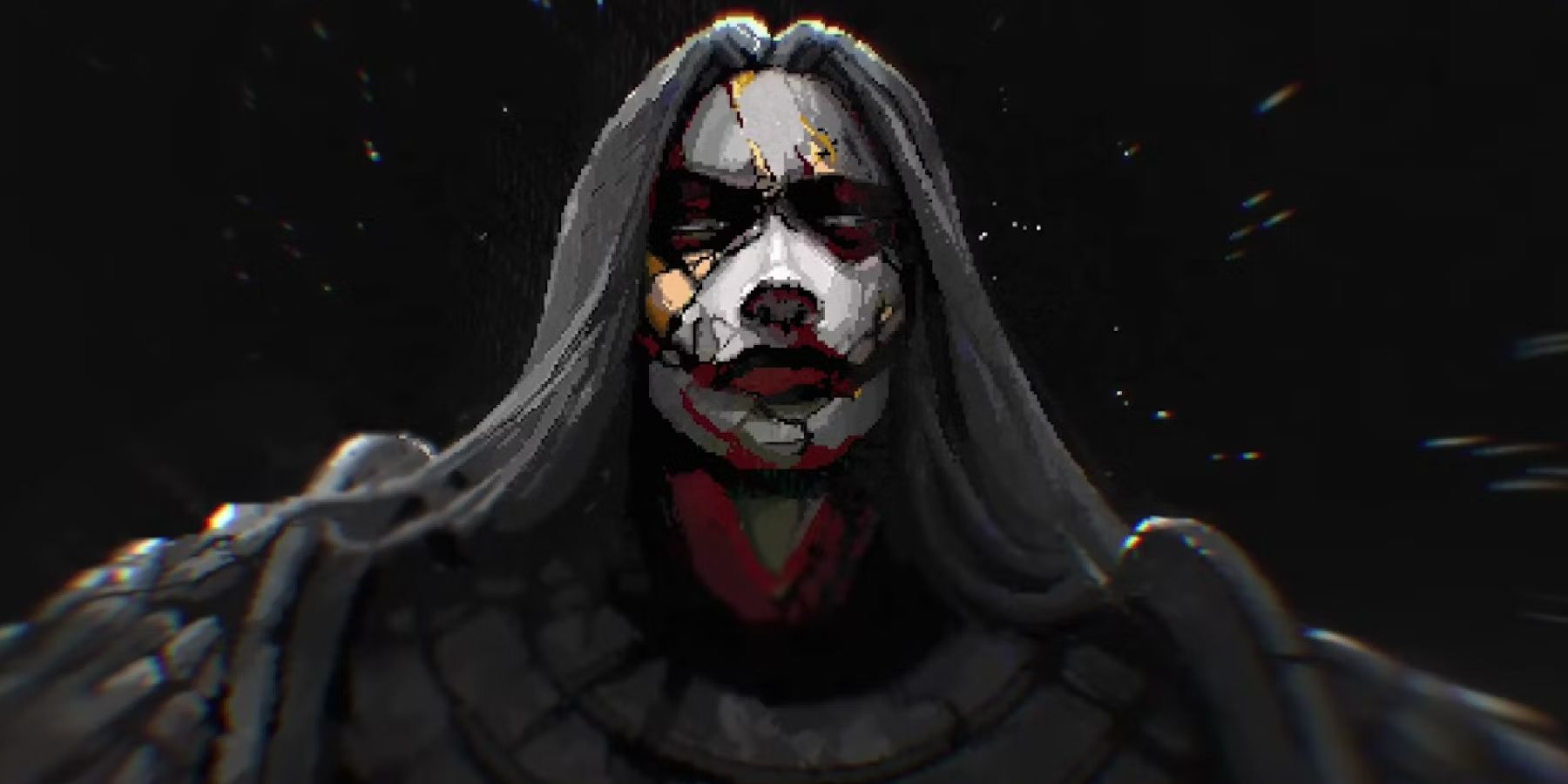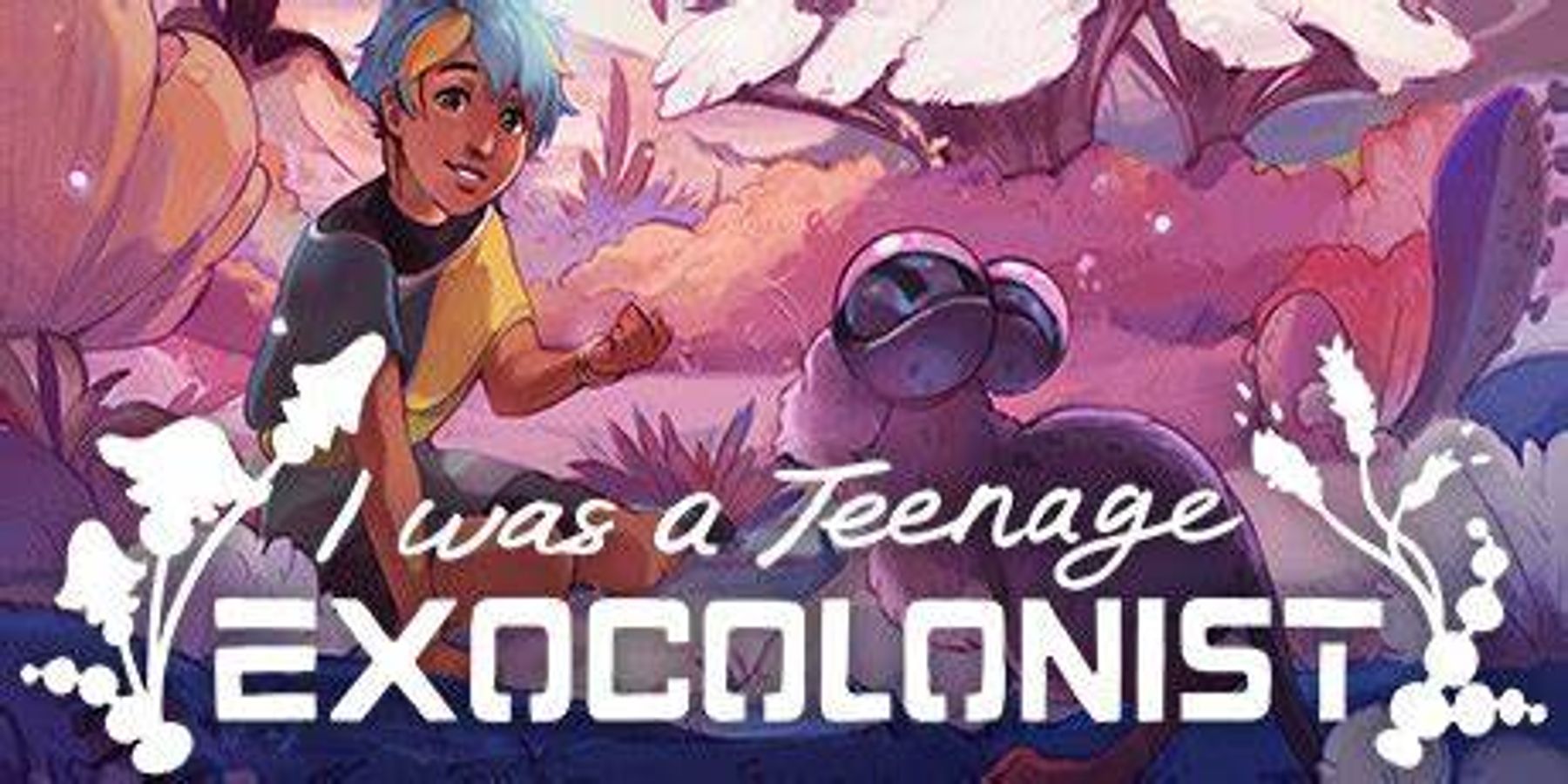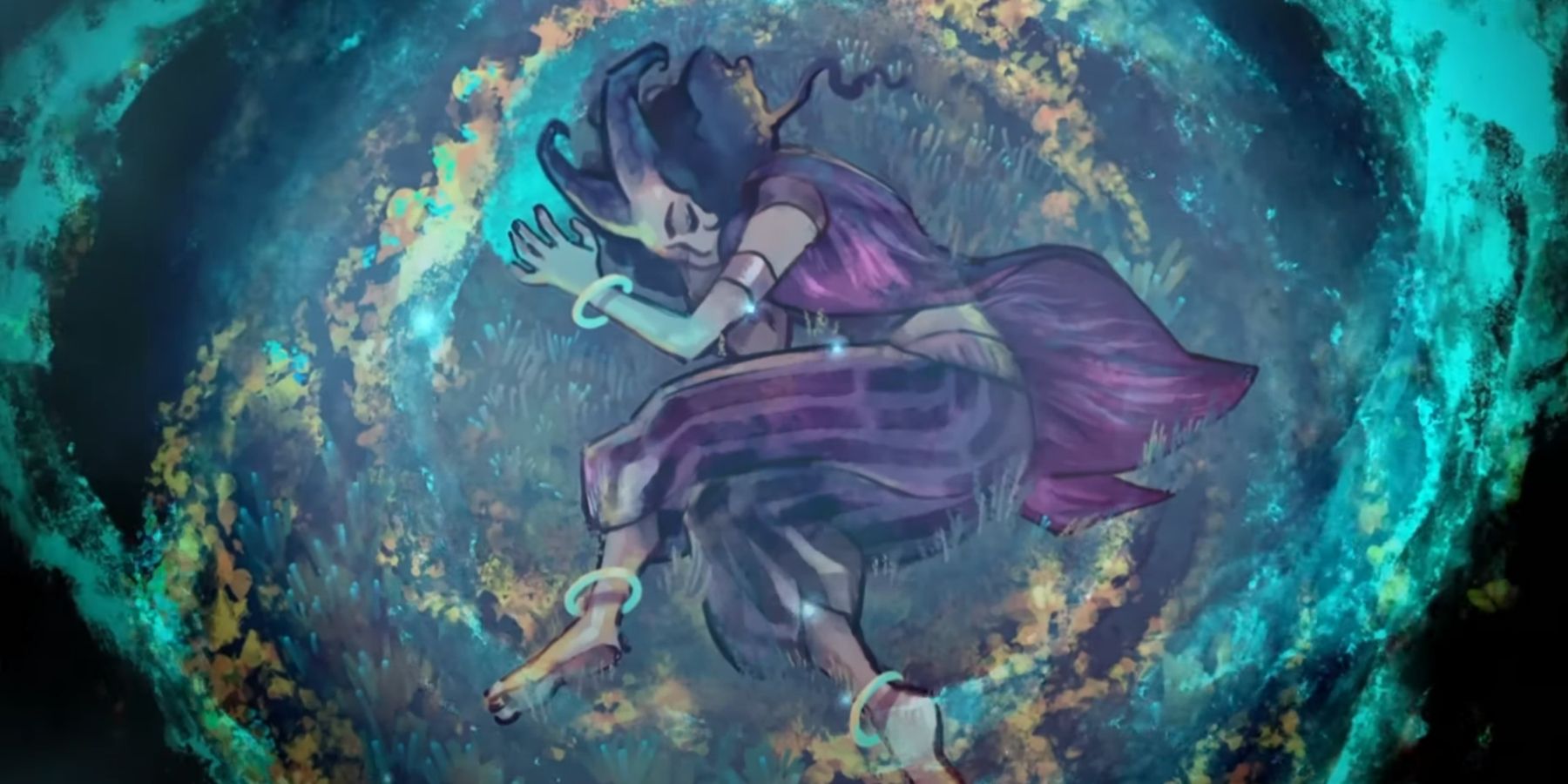Celeste is a video game that players seem to remember long after beating it, as the platformer's narrative is uniquely powerful. While it has officially been five years since the game's release, it continues to have an enduring impact on the industry, proving that even mechanically challenging games like Celeste can - and should - include stories that players can see themselves in. This has become inextricably true for the trans community, who have found representation in Madeline's journey to self-acceptance - including game director Maddy Thorson.
First released in 2018 by the now-named Extremely OK Games, Celeste received universal acclaim from critics, with some going on to describe the platformer as one of the best video games of all time. Not only was its pixel art style, soundtrack, and gameplay mechanics praised, but the story was game-changing, producing a dedicated fandom who continue to enjoy the game and its DLC. Celeste puts players in the shoes of Madeline, a young woman who decides to summit Celeste Mountain in order to regain her confidence and sense of self. It is a unique game that examines mental health and healing, two elements rarely celebrated in games.
How Celeste Has Re-Defined Video Game Stories
Celeste's storytelling is deceptively simple, a subtle tale of self-discovery found in every facet of the game. Celeste was and remains extremely creative, incorporating platformer mechanics that hadn't yet been seen. With this came levels that echoed the protagonist Madeline's own journey, from evading the chaos created by Badeline to painstakingly repairing relics of the past. The platformer remains difficult, but this was intentional - designed to echo the tenacity and determination required to surmount one's toughest personal battles.
What makes Celeste stand out is that the storytelling is foundational, illustrating Madeline's journey through scenes that have to be earned and gameplay evocative of inner turmoil. This universality allows players to share Madeline's story, learning more about themselves as well. This is best seen in the discovery Madeline makes about her trans identity, a revelation shown simply through the trans flag on her bedroom wall in Celeste's Farewell DLC. What begins as a tenacious battle against Madeline's darker impulses becomes a journey of reconciliation that allows Madeline - and the player - to accept parts of themselves they might not yet fully understand.
How Celeste Continues to Inspire Narrative-Driven Platformers
While Celeste is a game that stands alone, it has inspired a push for story-centric platformer games. Recently released titles like Moonscars and Katana Zero both have unique and creative storylines that introduce moral and emotional consequences for the player, even within the bounds of side-scrolling, hack-and-slash platformer games. These titles adopt Celeste's formula of using subtle thematic clues in gameplay, from Grey Irma's statuesque appearance to Subject Zero's precognition.
Most importantly, Celeste has opened doors to creators wanting to prioritize narrative elements. The team behind the game frequently made concessions for its timeline in order to do the storyline justice, and were surprised at the depth of the narrative they created in turn. In an industry that can be too focused on deliverables over quality, this approach shows a refreshing appreciation for players and fans found in other indie darlings like Stardew Valley.
Celeste Shows Healthy Representation Can be Crafted in Any Genre
The games industry has an unfortunate history of creating "diverse" characters who are little more than derivative caricatures. This is especially true of fighting games and platformers, as the two genres are historically light on storytelling in exchange for mascots like Gex and Awesome Possum. Celeste rises above this problematic history, crafting a protagonist who is thoroughly human and provides representation for anyone struggling to climb their own mountains. The impact of Celeste's protagonist on the LGBTQIA+ community cannot be overstated, as many players found kinship in Madeline struggling with the similar feelings.
Maddy Thorson's connection to the game's narrative is also important, as it demonstrates how crucial it is to build development teams who share the identities and stories being told in games. While Maddy didn't know how much she related to Madeline's struggle during development, there is an authenticity to Celeste's storytelling that can only be found in games with diverse teams. Other titles like I Was a Teenage Exocolonist follow in Celeste's footsteps, featuring a team that encompasses a variety of identities and experiences which is hopefully a sign of movement toward diversity in the games industry at large.
What's Next for Extremely Ok Games After Celeste
Extremely OK Games released free Celeste DLC that serves as a conclusion to Madeline's story, and a further exploration of her inner world. While the platformer does not have a confirmed sequel, fans can expect to play more games from the studio soon. During The Game Awards 2022, Extremely OK Games revealed a new platformer called Earthblade, slated for release in 2024. The game appears to be centered around apocalyptic elements with ample potential to infuse the same caliber of storytelling seen in Celeste. For now, time will tell whether it's able to match that original game's impact.
Celeste is available now for PC, PS4, Switch, and Xbox One.

